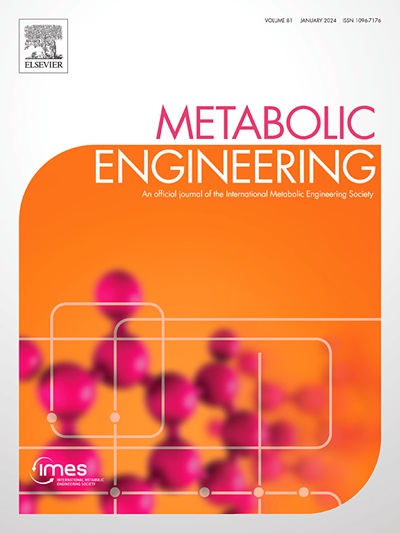Cross-regulation between proteome reallocation and metabolic flux redistribution governs bacterial growth transition kinetics
Abstract
Bacteria need to adjust their metabolism and protein synthesis simultaneously to adapt to changing nutrient conditions. It’s still a grand challenge to predict how cells coordinate such adaptation due to the cross-regulation between the metabolic fluxes and the protein synthesis. Here we developed a dynamic Constrained Allocation Flux Balance Analysis method (dCAFBA), which integrates flux-controlled proteome allocation and protein limited flux balance analysis. This framework can predict the redistribution dynamics of metabolic fluxes without requiring detailed enzyme parameters. We reveal that during nutrient up-shifts, the calculated metabolic fluxes change in agreement with experimental measurements of enzyme protein dynamics. During nutrient down-shifts, we uncover a switch of metabolic bottleneck from carbon uptake proteins to metabolic enzymes, which disrupts the coordination between metabolic flux and their enzyme abundance. Our method provides a quantitative framework to investigate cellular metabolism under varying environments and reveals insights into bacterial adaptation strategies.

| 公司名称 | 产品信息 | 采购帮参考价格 |
|---|
 求助内容:
求助内容: 应助结果提醒方式:
应助结果提醒方式:


